Xiaomi overtakes Apple as world’s second-largest smartphone vendor
The Chinese tech giant now occupies a 17% share of the global smartphone shipments market
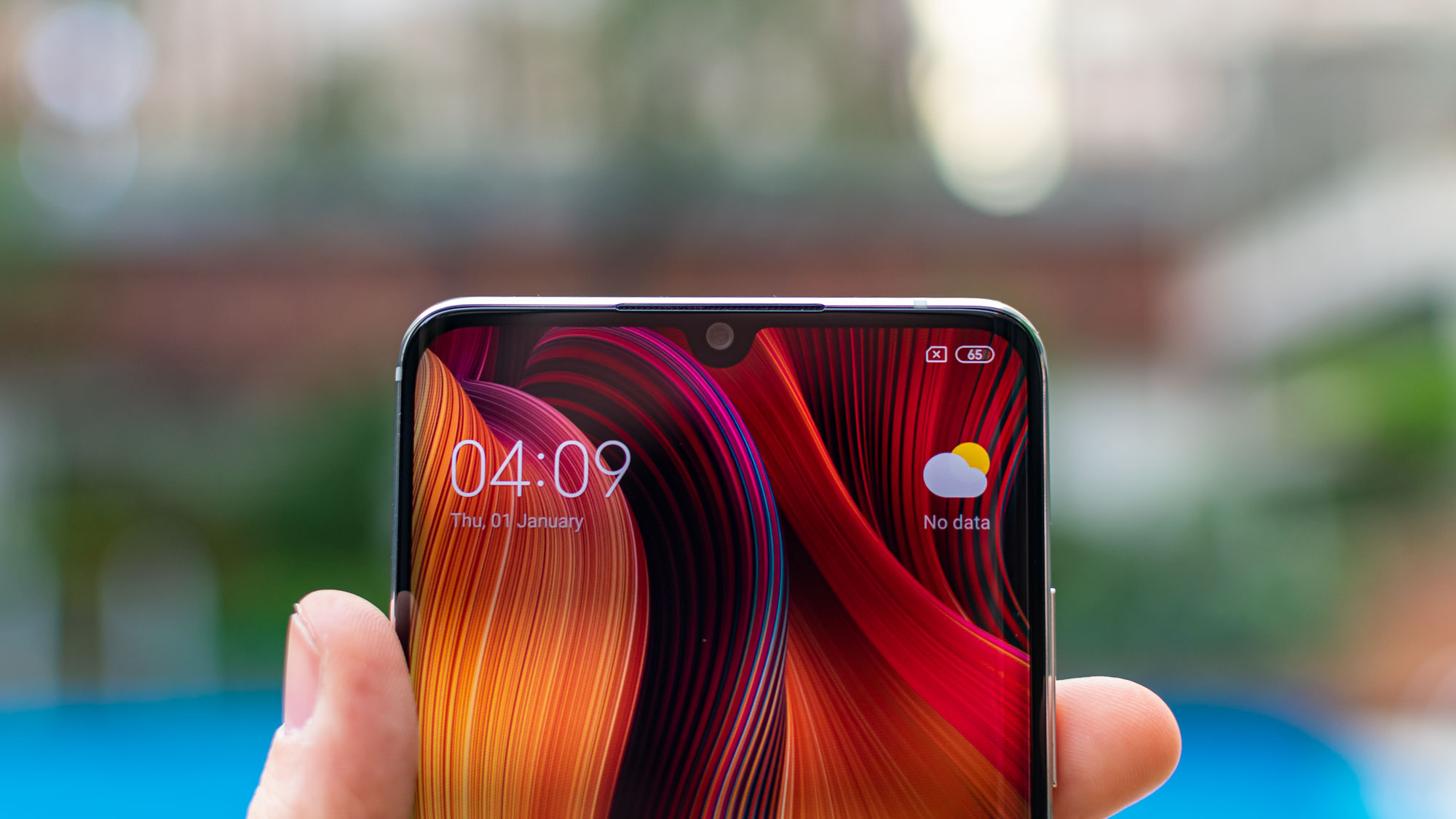

Xiaomi has overtaken Apple in global smartphone shipments to become the world’s second-largest smartphone vendor for the first in its history.
This is according to new estimates from Canalys, which found that the Chinese tech giant now occupies a 17% share of the global smartphone shipments market, having seen annual growth skyrocket 83%.
Despite having been crowned the top smartphone vendor in Q4 2020, Apple is now well behind with a 14% share of the market, its annual growth having increased by only 1%. Xiaomi previously overtook Apple as the world’s third-largest phone manufacturer in late 2020.
Samsung managed to reclaim the top spot with a 19% share of the market and an annual growth of 15%, yet, according to Canalys research manager Ben Stanton, its position as the biggest smartphone manufacturer could be under threat.
“Xiaomi is growing its overseas business rapidly,” he said. “For example, its shipments increased more than 300% in Latin America, 150% Africa and 50% in Western Europe. And as it grows, it evolves. It is now transforming its business model from challenger to incumbent, with initiatives such as channel partner consolidation and more careful management of older stock in the open market.”
Stanton emphasised that Xiaomi’s advantage lies in its broad offering of budget smartphones:
RELATED RESOURCE

From B2B to D2C online sales
Create a direct-to-consumer web store with the potential to transform your business
“It is still largely skewed toward the mass market, however, and compared with Samsung and Apple, its average selling price is around 40% and 75% cheaper respectively. So a major priority for Xiaomi this year is to grow sales of its high-end devices, such as the Mi 11 Ultra. But it will be a tough battle, with Oppo and Vivo sharing the same objective, and both willing to spend big on above-the-line marketing to build their brands in a way that Xiaomi is not,” he added.
Get the ITPro daily newsletter
Sign up today and you will receive a free copy of our Future Focus 2025 report - the leading guidance on AI, cybersecurity and other IT challenges as per 700+ senior executives
Both based in Guangdong, Oppo and Vivo saw a 28% and 27% annual growth, respectively, and now both hold a 10% share of the global smartphone market.
According to Stanton, the global semiconductor shortage, which has been grappling the tech and automotive industries for the duration of the pandemic, means that the smartphone giants are all “fighting hard to secure component supply”.
However, he adds that Xiaomi “already has its sights set on the next prize: displacing Samsung to become the world’s largest vendor”.
In May, the US Department of Defense agreed to remove Xiaomi from the “Communist Chinese Military Companies” (CCMC) blacklist introduced during the Trump administration.
Having only graduated from City University in 2019, Sabina has already demonstrated her abilities as a keen writer and effective journalist. Currently a content writer for Drapers, Sabina spent a number of years writing for ITPro, specialising in networking and telecommunications, as well as charting the efforts of technology companies to improve their inclusion and diversity strategies, a topic close to her heart.
Sabina has also held a number of editorial roles at Harper's Bazaar, Cube Collective, and HighClouds.
-
 Asus ZenScreen Fold OLED MQ17QH review
Asus ZenScreen Fold OLED MQ17QH reviewReviews A stunning foldable 17.3in OLED display – but it's too expensive to be anything more than a thrilling tech demo
By Sasha Muller
-
 How the UK MoJ achieved secure networks for prisons and offices with Palo Alto Networks
How the UK MoJ achieved secure networks for prisons and offices with Palo Alto NetworksCase study Adopting zero trust is a necessity when your own users are trying to launch cyber attacks
By Rory Bathgate
-
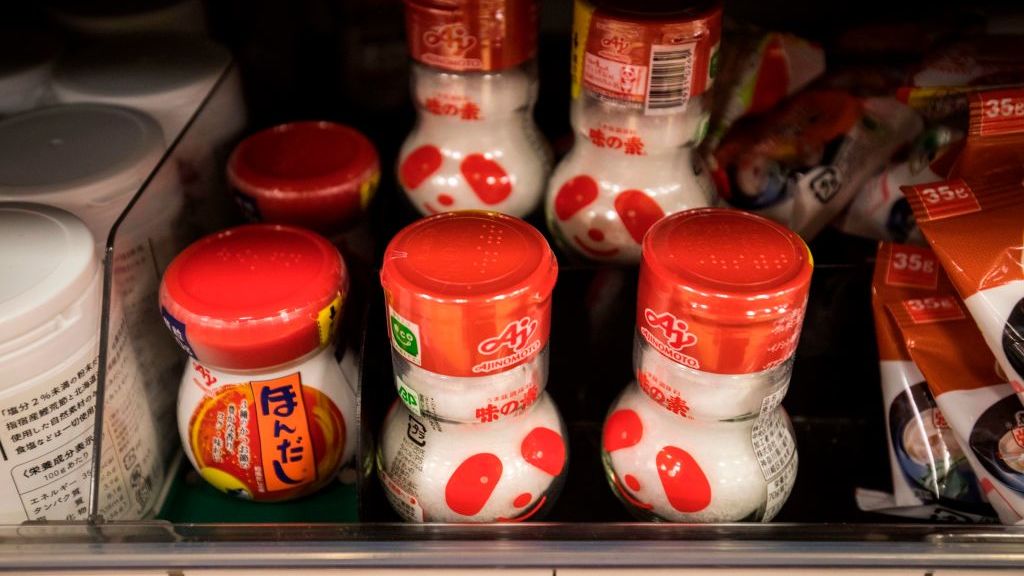 MSG giant Ajinomoto's chipmaking foray helps break financial records
MSG giant Ajinomoto's chipmaking foray helps break financial recordsNews In addition to umami seasoning, the company produces a microfilm insulation used by the semiconductor industry which was repurposed from its amino acid technology
By Zach Marzouk
-
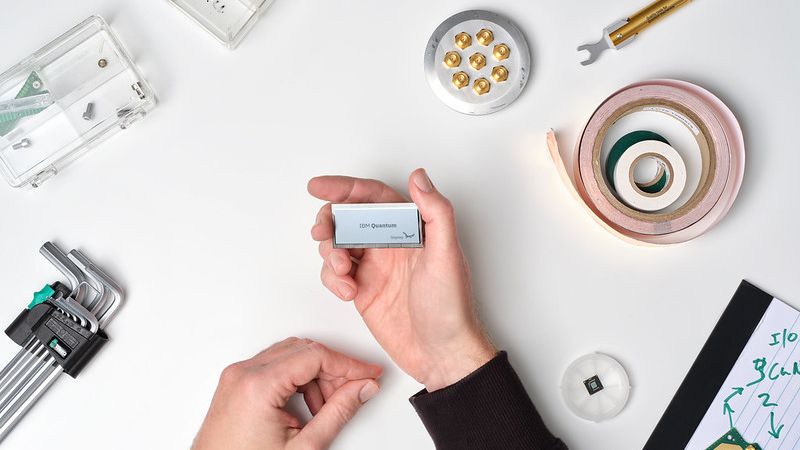 IBM unveils its 'most powerful' 433-qubit quantum processor
IBM unveils its 'most powerful' 433-qubit quantum processorNews The Osprey is three times more powerful than IBM's 127-qubit Eagle processor the company launched a year ago
By Zach Marzouk
-
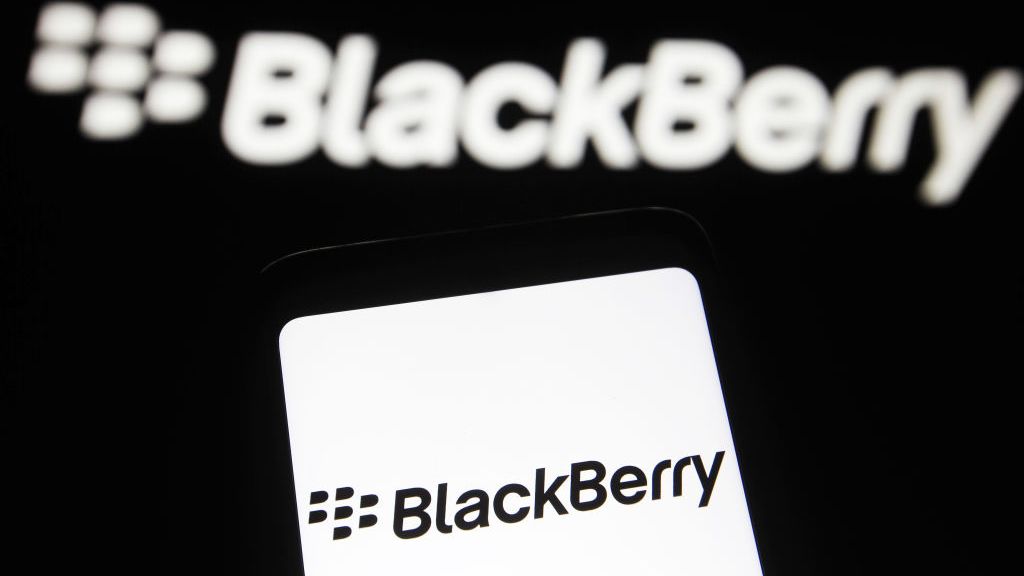 Blackberry revenue falls by 4% as cyber security division takes hit
Blackberry revenue falls by 4% as cyber security division takes hitNews Despite this, the company’s Internet of Things (IoT) division increased its revenue by 28% as it attracted new customers from the automotive sector
By Zach Marzouk
-
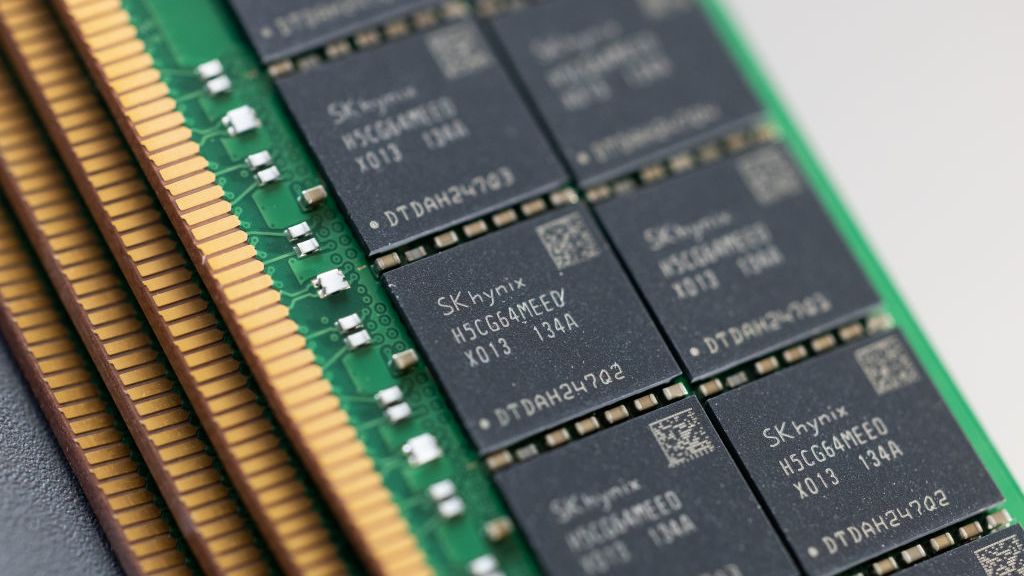 SK Hynix splashes out $11 billion on new semiconductor plant
SK Hynix splashes out $11 billion on new semiconductor plantNews The company will produce memory chips, but will reportedly decided closer to the time whether they will be DRAM or NAND flash chips depending on market conditions
By Zach Marzouk
-
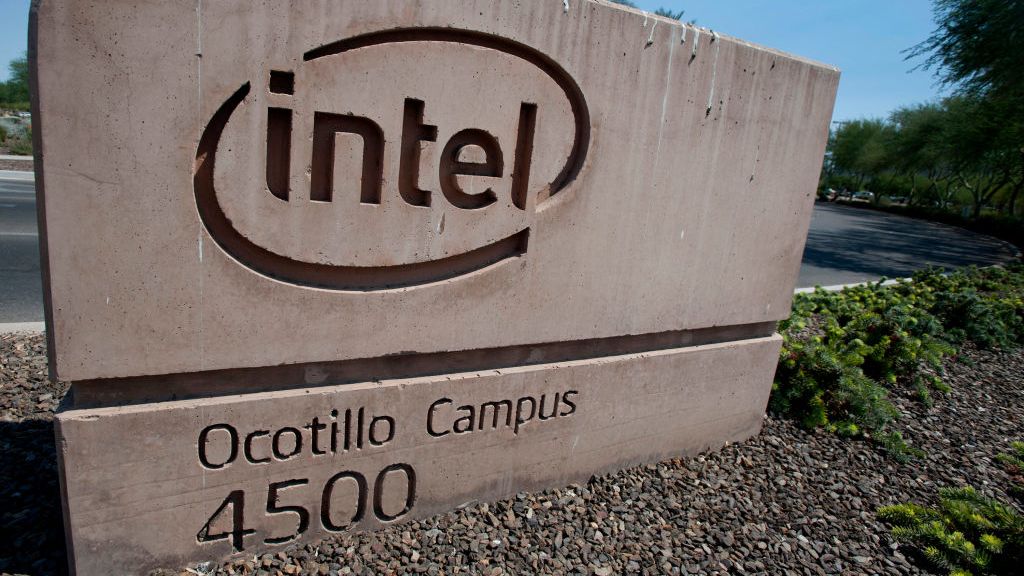 Intel strikes $30 billion private equity partnership to fund Arizona plant expansion
Intel strikes $30 billion private equity partnership to fund Arizona plant expansionNews Brookfield Infrastructure Partners will invest around $15 billion into the expansion of the chipmaker’s Ocotillo campus
By Daniel Todd
-
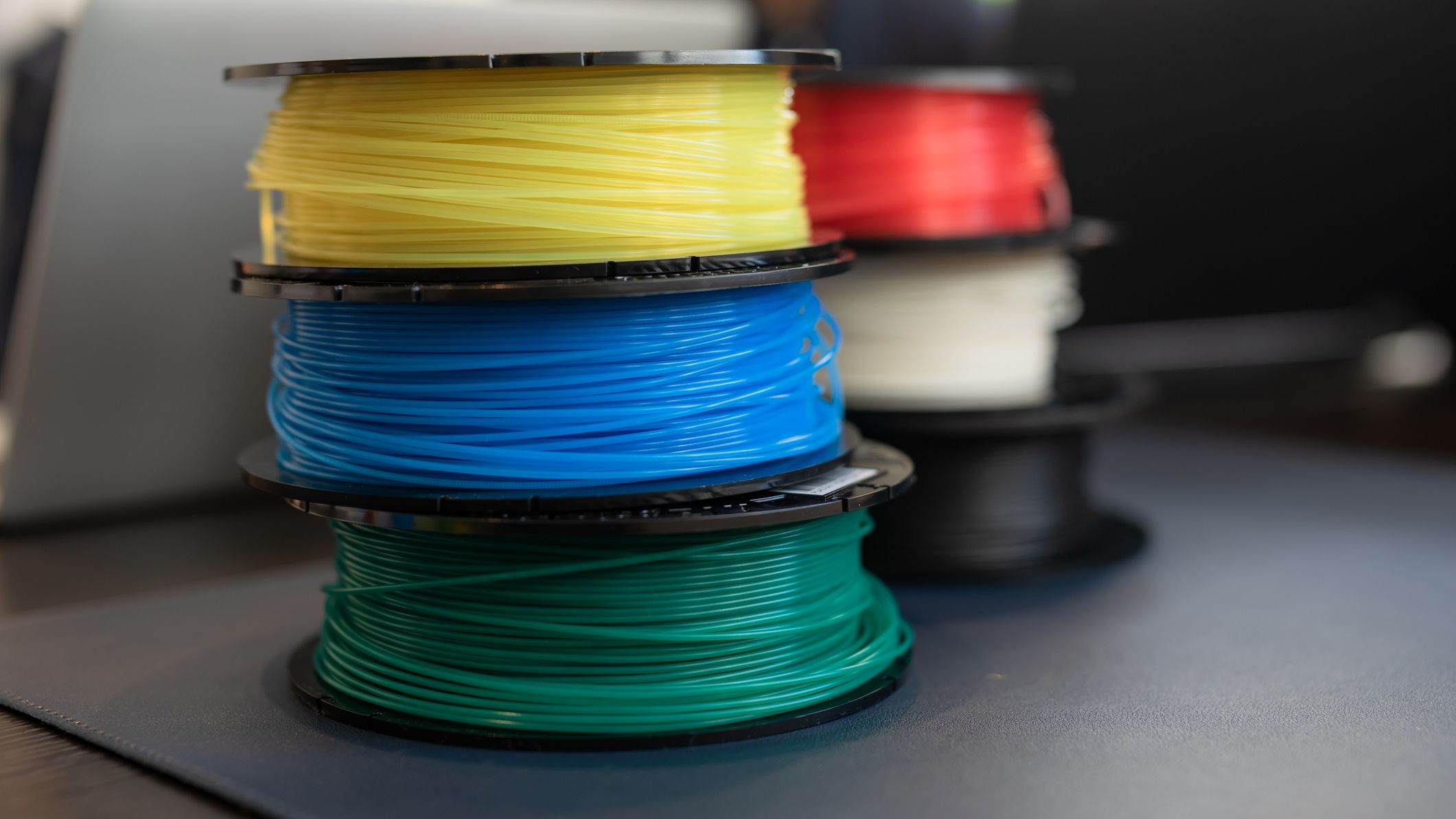 The best 3D printer tools and accessories for your business
The best 3D printer tools and accessories for your businessIn-depth Every business using 3D printers should be aware of these essential extras to raise its output to the next level
By Rory Bathgate
-
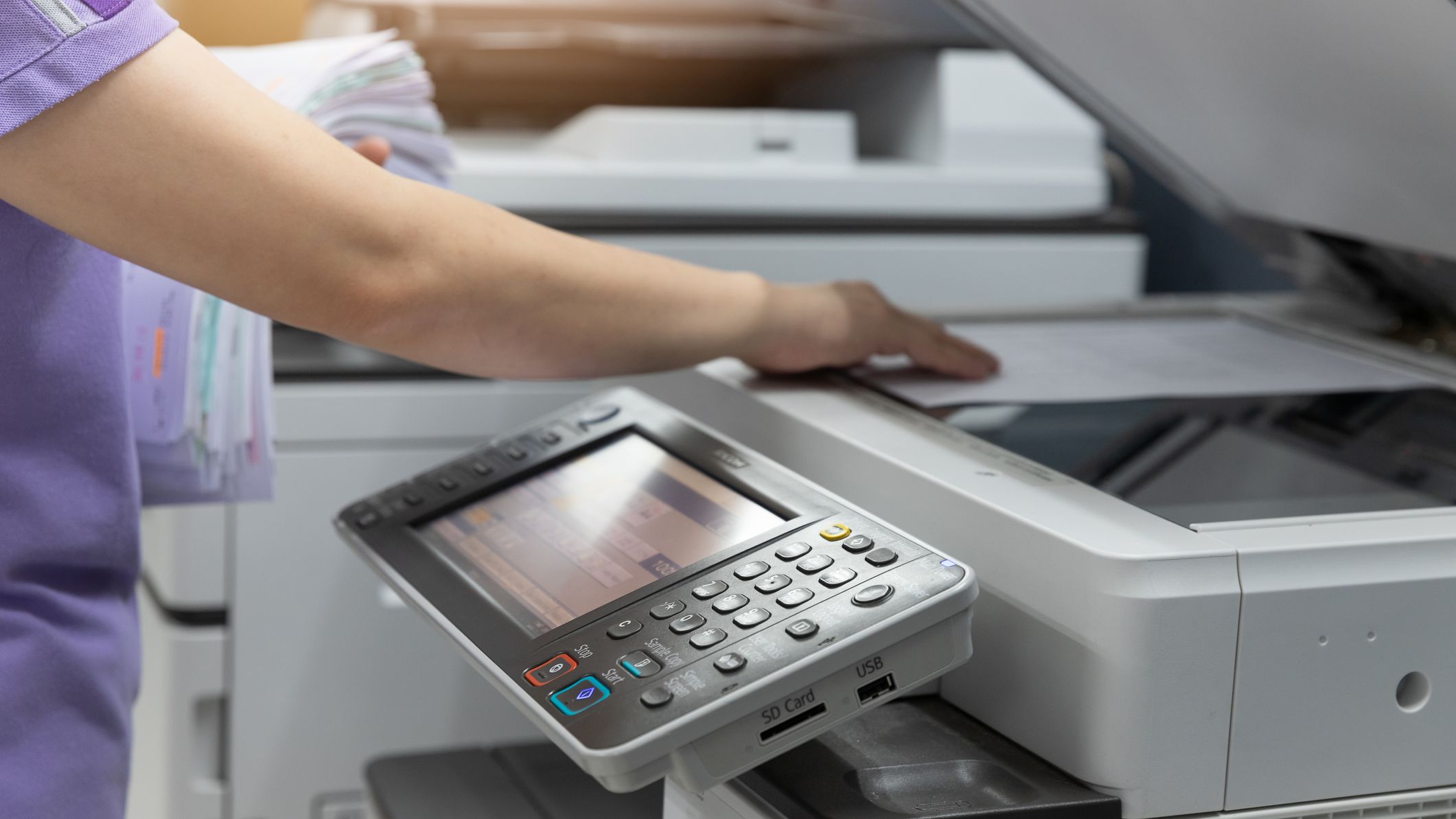 LED vs laser printers: Which is better for business?
LED vs laser printers: Which is better for business?In-depth Laser and LED printer technology is similar, but each come with their own unique benefits that could make them best for your company
By Rory Bathgate
-
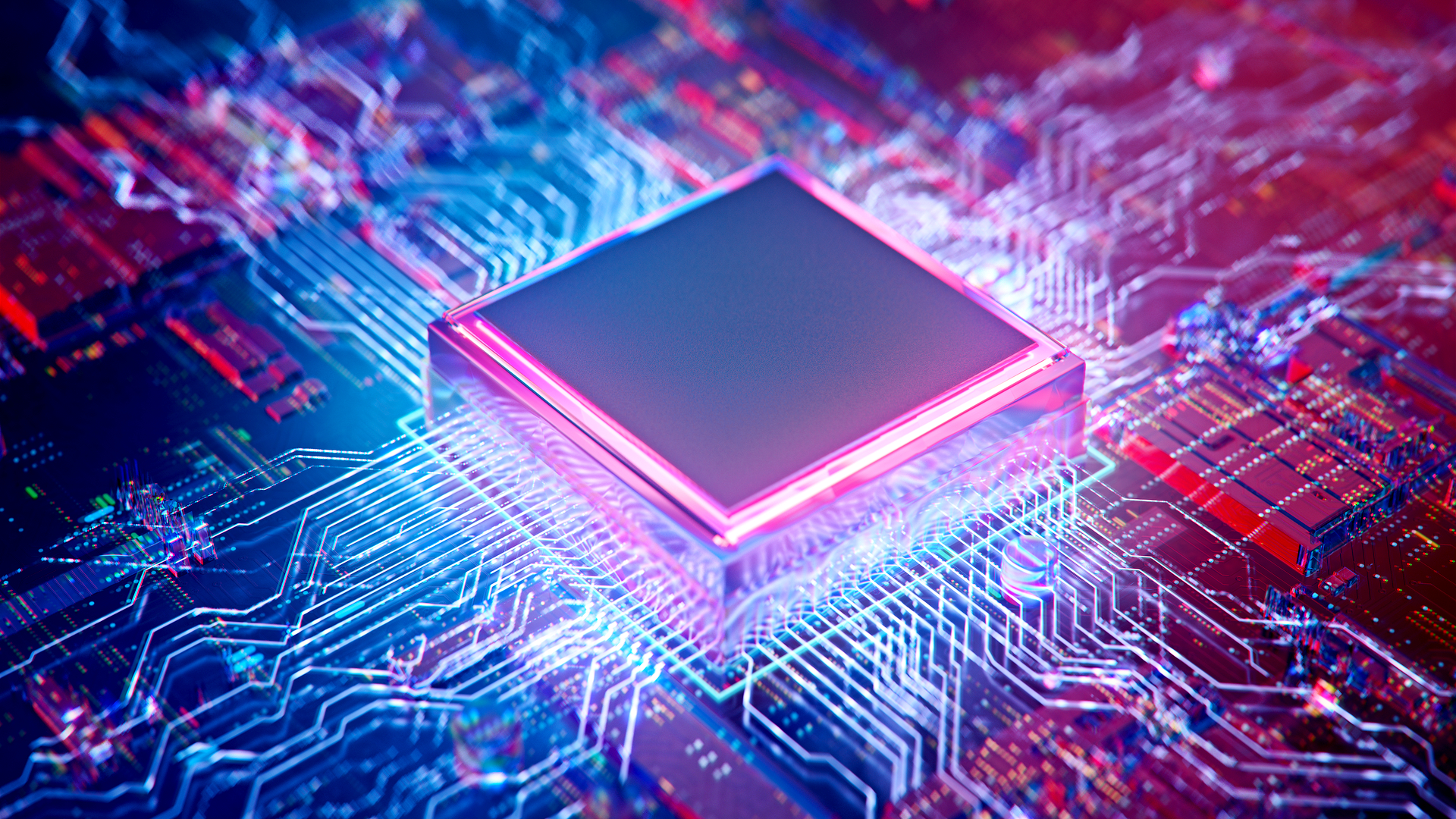 Intel to produce chips for Taiwanese manufacturer MediaTek
Intel to produce chips for Taiwanese manufacturer MediaTekNews The agreement comes after the US chip company managed to secure deals with Amazon and Qualcomm last year
By Zach Marzouk